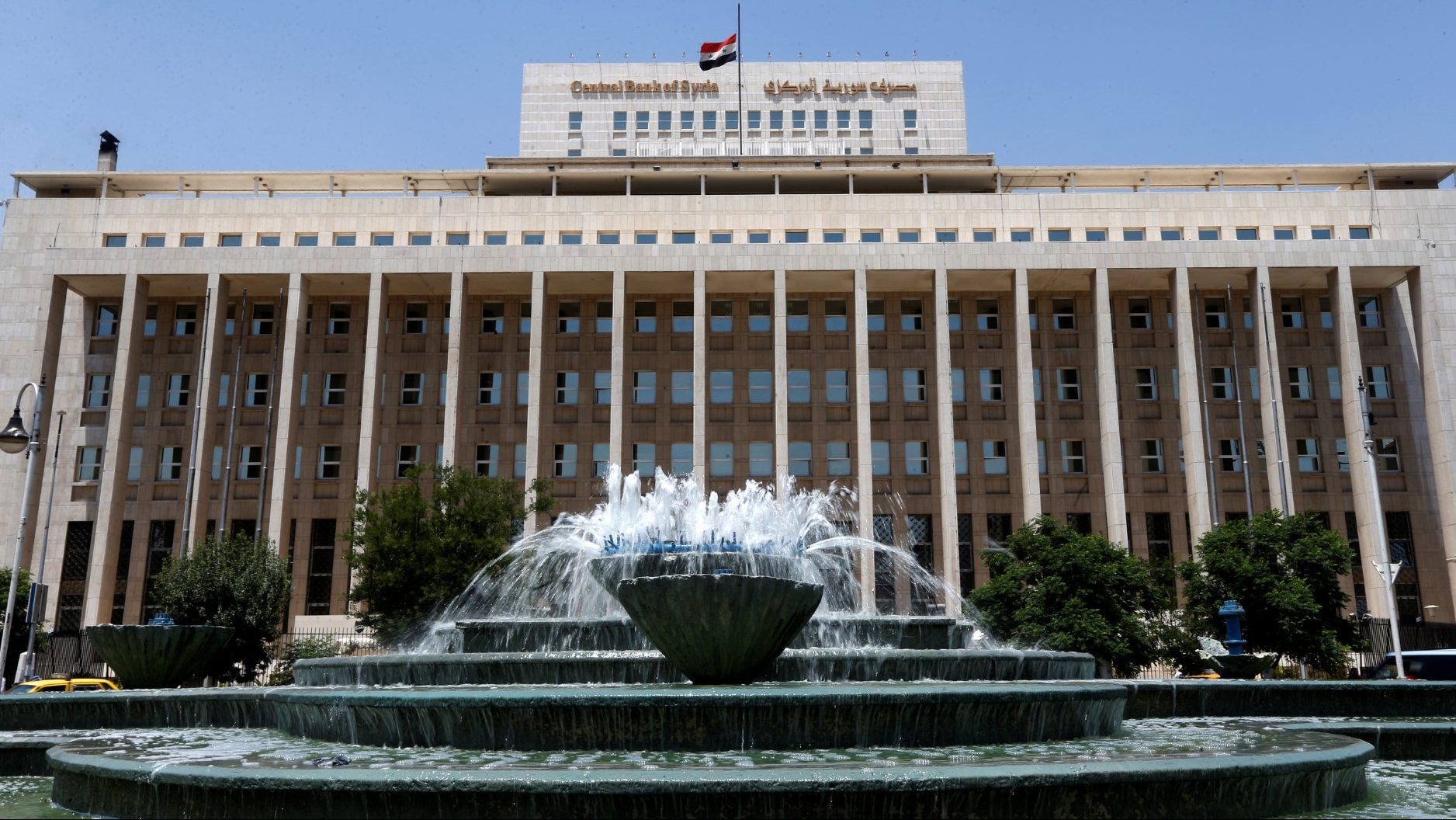Vice-Dean of the Faculty of Economics at the University of Damascus Ali Kanaan has called for the “float” of the exchange rate, as well as floating wages, salaries, and investments. He noted that the Central Bank’s determination of the official exchange rate of remittances has led to income distribution that benefits traders and the wealthy.
Under a float, the currency of a particular country is not fixed. Instead, it is allowed to fluctuate in value against other currencies, according to the ratio of supply and demand. This means that central banks are not targeting a certain price for their local currencies when they pursue the approach of an absolute float. Instead, the currency’s exchange rate becomes similar to the price of gold and other metals, which is subject to the daily changes in global markets.
Commenting on the Central Bank’s refusal to adjust the exchange rate, Kanaan said: “The Central Bank receives foreign currency through remittances at the price of US$1 to 2,500 pounds, and at the same price finances imports carried out by major traders and importers. These business people can price their imports in the local market at a rate of US$1 to 10,000 Syrian pounds.”
“The actual difference between the official exchange rate (2,500 Syrian pounds) and the price at which goods are sold in the domestic market (10,000 Syrian pounds)goes into the pockets of importers and wealthy traders. This trend reinforces unequal income distribution amongst citizens. In this context, floating the exchange rate would lead to greater justice and economic benefits,” he said.
Read Also: New Conditions for Remittance Recipients in Syria
Remittances currently amount to US$5 billion, somewhat equivalent to the annual import rate as assessed in 2018, according to Kanaan.
Kanaan refers to central government funding for importers — popularly known as “crisis traders” — from remittances sent by Syrians from outside the country. It is expected that remittances to Syria will double during Ramadan.
Earlier press reports confirmed that the Syrian regime provides hard currency from expatriate remittances, which reach Syria through both the official and black markets.
Economist Samir al-Taweel said that the two currency conversion tracks in Syria pump hard currency into the regime’s dilapidated economy, without passing through legal channels.
According to Taweel, the first route is through which expatriate funds are sent to support their families in the country through networks of brokers that raise their money in Germany and reach their families in Syria.
The second, the most important and useful of the regime, “passes through larger amounts of money from the transfer networks. This leads to not only the introduction of foreign currency but may also be an opportunity to smuggle money from Syria abroad, especially after the series of U.S. and European sanctions on regime leaders and many business people who are involved in the practice and benefit from it.”
This article was translated and edited by The Syrian Observer. The Syrian Observer has not verified the content of this story. Responsibility for the information and views set out in this article lies entirely with the author.


